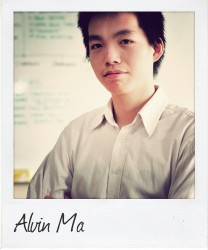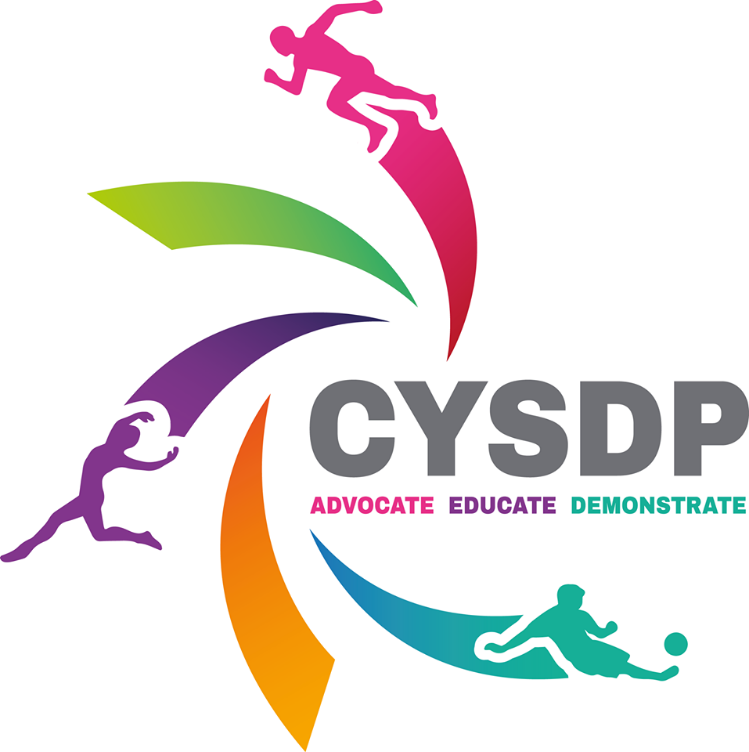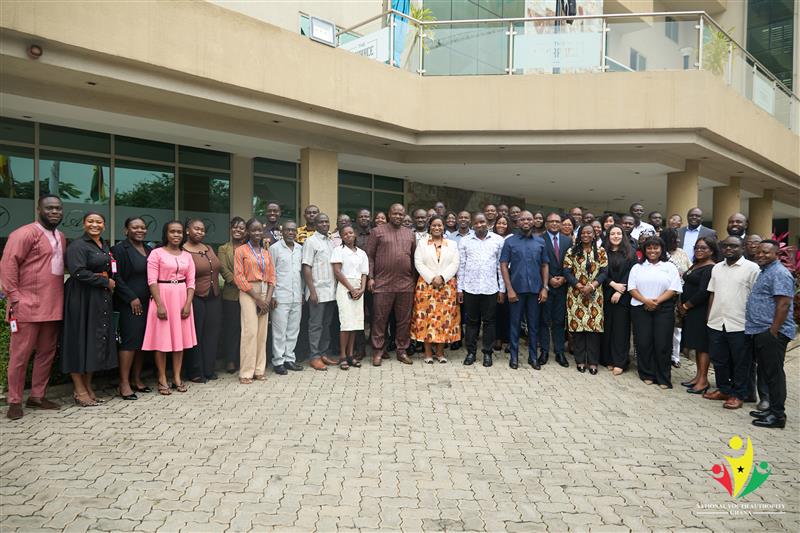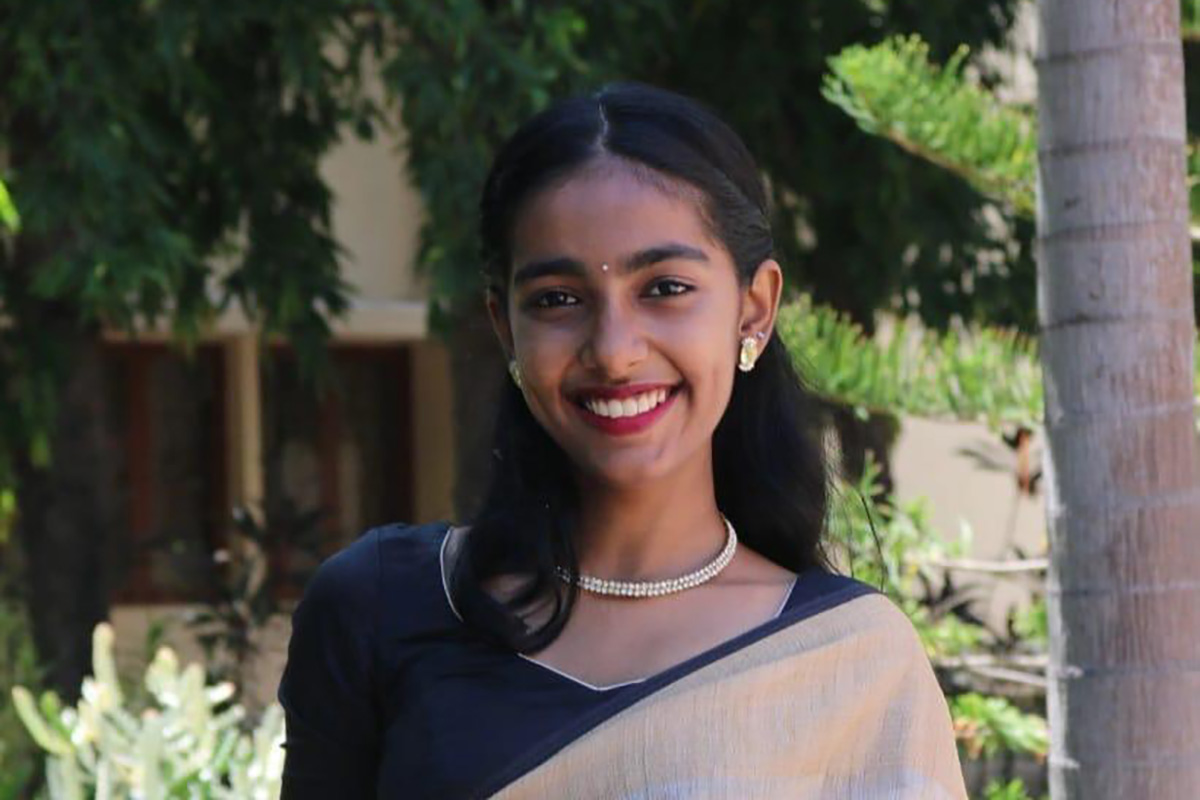Highlights of my UN meeting
April 22
Earlier this month International Day of Sports for Development and Peace was celebrated and Alvin Ma, a Commonwealth Correspondent from Canada shares highlights of his meeting United Nations on sports and the sustainable Development Goals (SDGS).
I was in New York recently to attend an event at the United Nations Headquarters regarding sport and the Sustainable Development Goals in advance of the International Day of Sport for Development and Peace celebrated every April 6th.

I represented the Commonwealth Youth Sport for Development and Peace (CYSDP) Network, which is made up of regional focal points around the world, with plans for expansion to have local focal points in all 53 Commonwealth countries. The 2019 theme for the Commonwealth is “A Connected Commonwealth,” and I generally still hold the same nuanced youthful idealism from 2015, the previous time I visited the United Nations when the Commonwealth theme was “A Young Commonwealth.”
Many of the speakers at the event this week shared that sense of idealism. The speakers ranged from the permanent representatives from Qatar and Monaco and senior officials from the Peace and Sport organization, the ESPN / espnW sports network, the UN Mine Action Service, the International Paralympic Committee, and (my hometown NBA basketball team) Toronto Raptors. It had an aura similar to the World Economic Forum in Davos, and while I thoroughly enjoyed listening to the speakers, my educational background in the sociocultural aspects of sport has ingrained critical thinking about some of the claims made.
For example, H.E. Hasan Al-Thawadi (Secretary General: Supreme Committee for Delivery & Legacy of the 2022 men’s FIFA World Cup) appeared on video addressing the conference, stating that his country is committed to “accelerating positive change for the workers that build our infrastructure.”
It was likely carefully scripted to omit recent reports that critique problems regarding worker deaths that occurred in the first few years of constructing these new football stadiums. Perhaps it was also convenient for him to miss the event when Minky Worden, Human Rights Watch Director of Global Initiatives, stood up and directed a question to the other speakers in the short question-and-answer session. As I stated in my previous article about the 2018 Commonwealth Youth Forum, we need to have people who ask, in respectful ways, difficult questions that challenge our thinking.
While we need to recognize that there have been (and there still are) numerous controversies surrounding mega-sporting events, my fondest sporting memory was attending the 2016 Paralympics opening ceremony. In response to Worden’s question, International Paralympic Committee board member Juan Pablo Salazar discussed the Kazan Action Plan and the necessity of generating indicators that monitor and evaluate the success of development initiatives (the Commonwealth has done extensive work on this matter).
Agnès Marcaillou, Director of the UN Mine Action Service, also added that it would be “misconstrued and misleading” to say that sports can cure all problems and that for issues such as converting mine fields to play fields, the onus is on the 193 United Nations member states to do their part.




